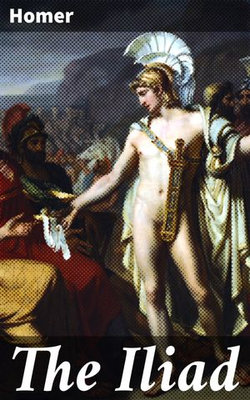Homer's "The Iliad" stands as a monumental epic poem that delves into the tumult of the Trojan War, encapsulating themes of heroism, honor, and the grim realities of conflict. Composed in dactylic hexameter, the narrative intricately weaves the personal and the political, exploring the lives of legendary figures such as Achilles and Hector. Written in the 8th century BCE, it reflects the cultural values and martial ethos of ancient Greek society, while its vivid imagery and rhetorical flourishes highlight the emotional toll of war. The poem'Äôs exploration of fate versus free will resonates deeply, creating a timeless tension that speaks across ages and civilizations. Homer, a figure shrouded in mystery, is thought to have been an itinerant bard, likely originating from the eastern Mediterranean. His works, including the "Odyssey," reveal profound insights into human nature and societal constructs, influenced by the oral tradition prevalent during his time. "The Iliad" is not merely a recounting of heroic deeds but serves as a broader commentary on the human condition, a reflection of the struggles and values of the time. For readers seeking an understanding of ancient literature, "The Iliad" is an indispensable text that illuminates the complexities of character, morality, and the tragic consequences of war. It challenges the reader to engage with the universal themes of human conflict and the price of glory, making it a compelling read not only for enthusiasts of classical literature but for anyone questioning the nature of humanity.



Share This eBook: